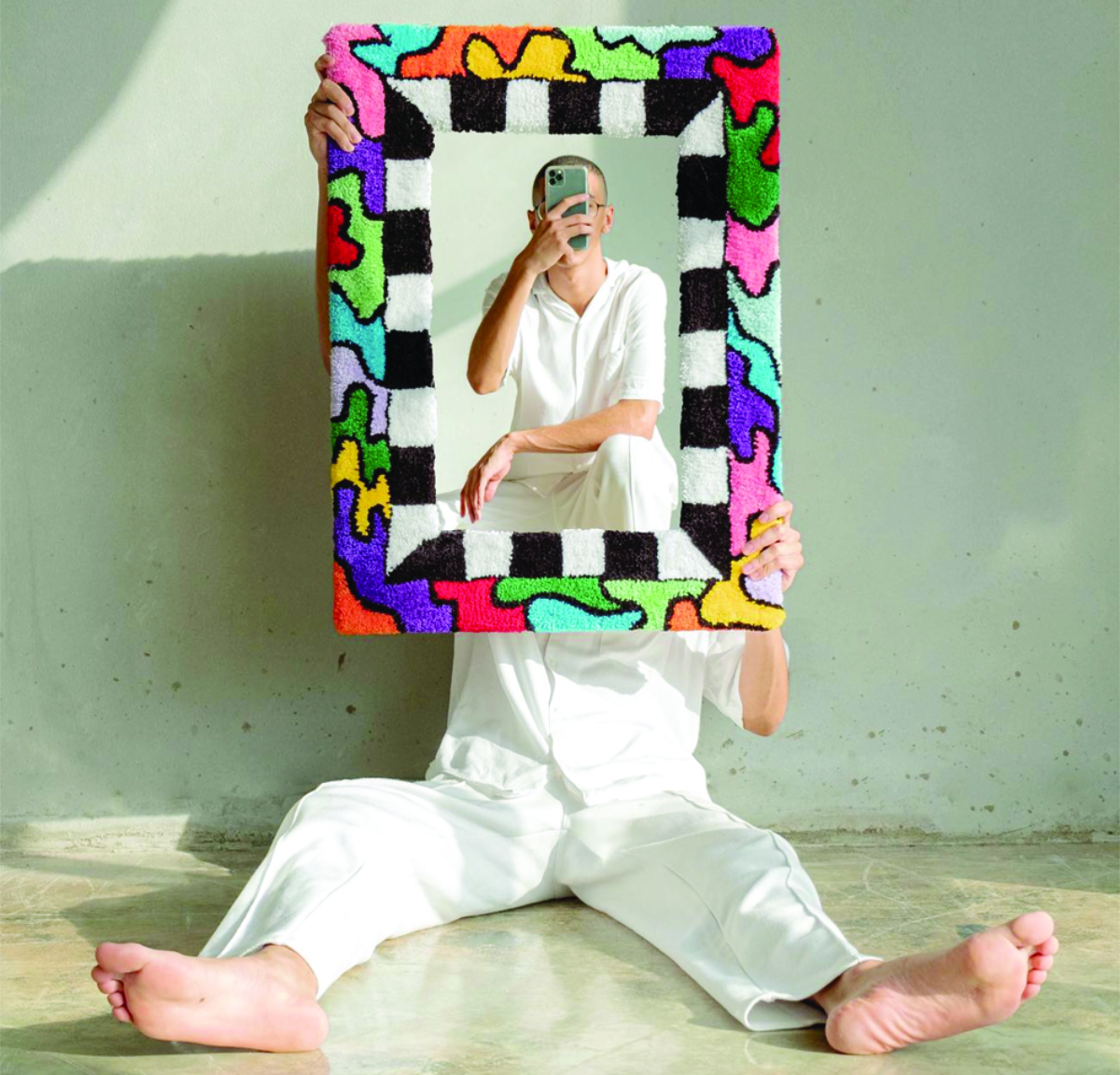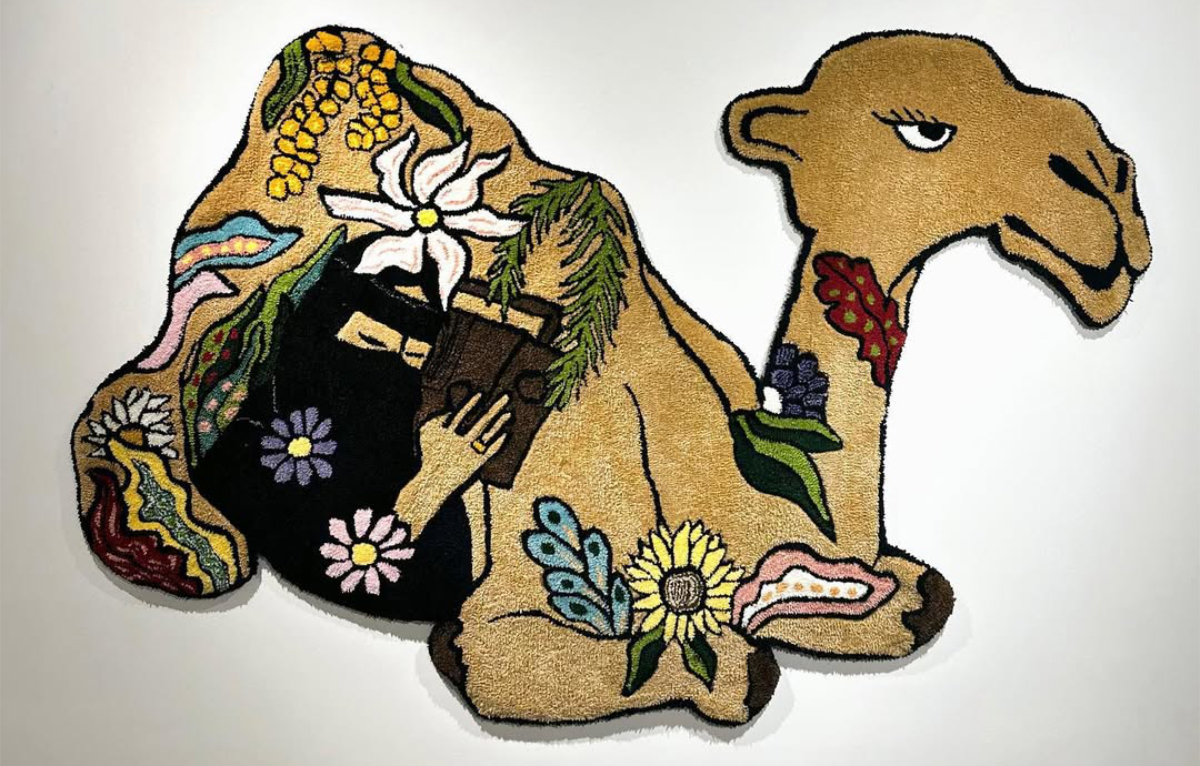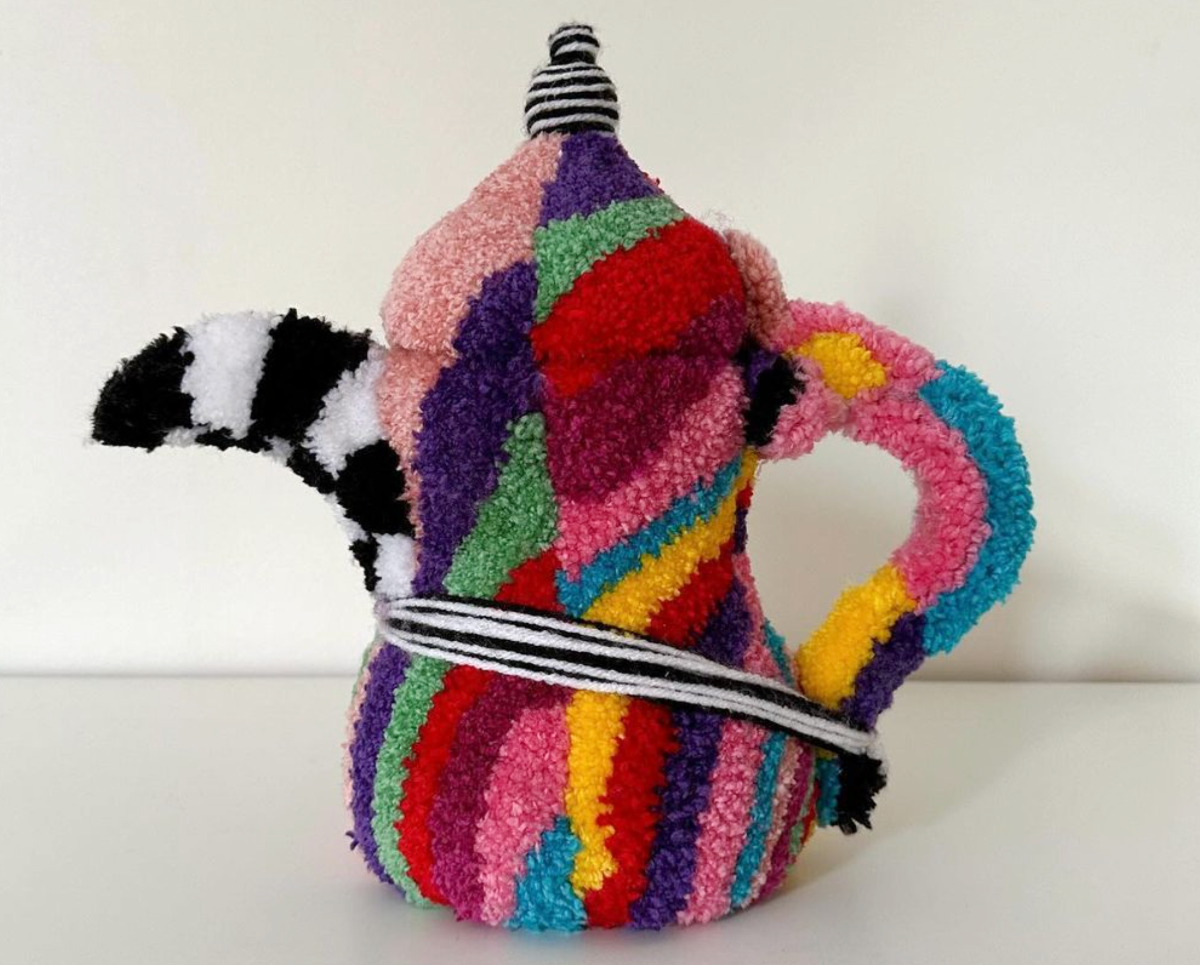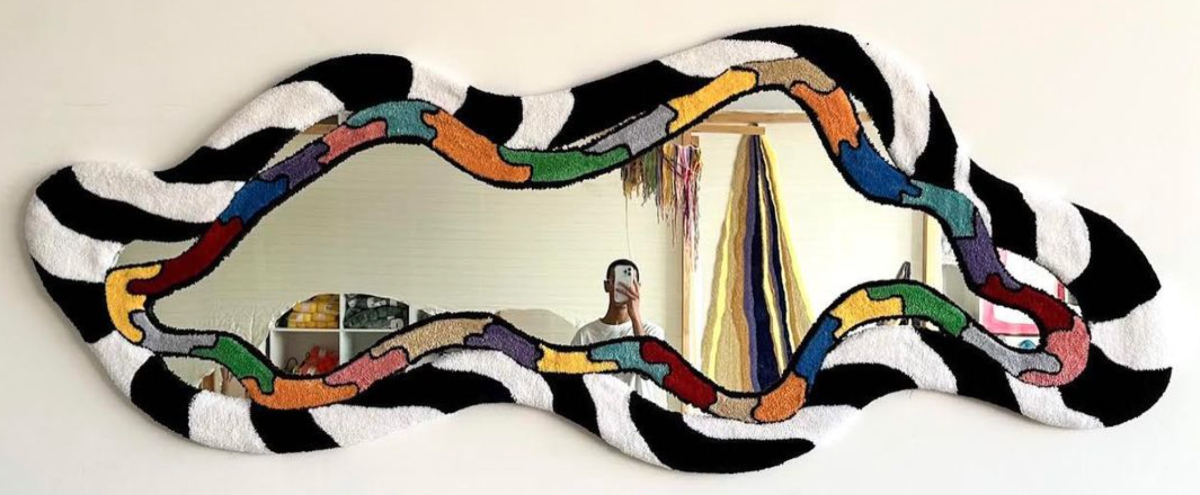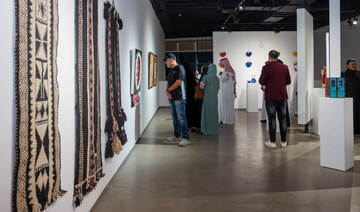CAIRO: Saudi Arabia has a wealth of talented artisans, but lacks spaces for their wares to be displayed and sold.
When Saudi entrepreneur Lulwa Alsoudairy saw designers of handcrafted souvenirs and gifts spread their resources too thin, she realized that despite the large number of artisans in the Kingdom, there was a lack of openings for selling wares.
“My mother is the owner of Liyano, a local production house that produces Saudi handcrafted souvenirs and gifts,” Alsoudairy said.
Taking inspiration from her mother’s entrepreneurship ventures, Alsoudairy made the decision to create an e-commerce platform, which operates as a virtual mall where users can share administrative task services and access the global marketplace. In 2016, her dream came true. Alsoudairy launched Artistia with co-founder Leena Alaufi.
According to Alsoudairy, through the management of administrative functions — which include marketing, logistics and payment processing — the company is able to reduce an artisan’s overhead cost by as much as 33 percent.
Since its launch, the site’s network has expanded from 60 to 400 artisanal brands across the Gulf, including in Saudi Arabia, the UAE and Bahrain. The platform registers around 15,000 visits per month.
Although Artistia is headquartered in Jeddah, the idea to set up the online marketplace was conceived in Boston, where the two co-founders first met while studying for their masters.
After pitching their business idea, the duo were accepted into the Center for Women’s Entrepreneurial Leadership (CWEL) at Babson College through the Women Innovating Now (WIN) accelerator program, which allowed the pair to fine-tune their concept.
Artistia now acts as a marketplace for all kinds of handicrafts, but fashion, stationery, accessories, gifts and beauty products are the standout sellers, with most of the site’s artisans being women.
“We want to empower local production and entrepreneurship. That’s why we do what we do. We want to empower women and men to scale up their businesses. We do this by only accepting local brands, not wholesalers or retailers,” Alsoudairy said.
Artistia’s social-enterprise credentials have caught the attention of early-stage investors, including 9/10ths, a startup accelerator operated by the King Abdullah University of Science and Technology (KAUST) in Saudi Arabia.
Artistia has also received grants from the MIT Enterprise Forum Saudi Chapter and the World Internet of Things (WIOT) program at the IE Business School.
Similar to the US brand Etsy, Artistia follows a revenue-sharing model, taking commission on sales.
But Artistia is designed to be more than just an online shop front or digital store that fulfils orders.
In addition to product displays, the website features profiles about regional artisans, who offer Artistia shoppers a glimpse into their creative processes.
By sharing their own stories, artisans can create a deeper connection with consumers that goes beyond the typical buyer-seller experience.
While the site is rapidly gaining traction in Saudi Arabia and beyond, Alsoudairy said there have been many business challenges along the way.
“Being a skilful entrepreneur requires a combination of traits. You need to be comfortable with ambiguity and failure; you also need to be confident in yourself and have a strong vision,” she added.
Alsoudairy is intent on Artistia becoming a maker and facilitator of global brands. “We ship internationally, but we haven’t yet reached the stage where we have a lot of international customers,” she said. “Going global is the ultimate goal for us — it’s the biggest success we could dream of.”
(A section of the content has been removed from this article at the request of the subject)
This report is being published by Arab News as a partner of the Middle East Exchange, which was launched by the Mohammed bin Rashid Al Maktoum Global Initiatives and the Bill and Melinda Gates Foundation to reflect the vision of the UAE prime minister and ruler of Dubai to explore the possibility of changing the status of the Arab region.







